By Paul Gores
Banks interested in joining next year’s rollout of the FedNow faster payments service should be preparing for it today, those familiar with the program say.
FedNow, a Federal Reserve payments service similar to The Clearing House’s RTP network, is scheduled to be offered to banks in the U.S. as soon as May of 2023.
According to the Fed, the FedNow Service will facilitate the nationwide reach of instant payment services by financial institutions, regardless of size or geographic location, and do it around the clock, every day of the year.
Businesses and consumers will be able to send and receive instant payments at any time of day via banks and credit unions that use FedNow. Recipients will have full access to funds immediately, giving them greater flexibility to manage their money and make time-sensitive payments, the Fed says.
“Wisconsin banks have been very innovative over the years, and this is another innovation that’s coming that Wisconsin banks should be looking at and should be adopting when they are ready,” said Todd Koehn, vice president for faster payments solutions at Bankers’ Bank. “It potentially could be a game changer for their customers.”
FedNow currently is conducting a pilot program with more than 100 banks, core processors, and other third-party organizations involved with payments technology.
The U.S. has trailed Europe and some parts of the world in developing an instant payment network. While the privately owned Real Time Payments network, or RTP, is available to American banks, the Fed felt like it needed to play a role to expand the fast-payments realm, experts said.
“All of the market players going back a decade recognized it wasn’t if but when instant payments would come domestically into the market and ecosystem,” said Nick Denning, senior vice president –payments industry relations, for ICBA Bancard. “I think at that time the Fed was trying to determine what role they would play, if any, in instant payments, and ICBA, community banks, and other groups definitely advocated for the Fed to play that operator role to bring more network capabilities to the market.”
Now that the Fed’s faster payment network is getting ready to launch — and will be seeking early adopters — banks that want to participate should be gearing up for it, experts said. To do that, banks should make sure they have an overall payments plan, and begin meeting with their core processor or fintechs that in most cases will be the channel connecting the bank and the new behind-the-scenes FedNow payments “rail.”
“Community banks should be talking to their key technology partners,” said Koehn. “What are their timeframes to get on the rail? How long will it take once they’re on the rail for my bank to join the rail?”
Earlier this year, the Fed disclosed fees for FedNow. But that doesn’t include the cost of the infrastructure needed by a bank to use the network. The overall cost to implement a connection to FedNow is one reason many banks are expected to go through their core processor or a fintech instead of directly to the Fed.
“It’s cheaper to go direct to the Fed, but you’d have to build your own infrastructure and maintain it. And that’s expensive,” Koehn said. “Most community banks will connect through a processor, whether it’s an online banking processor or a core processor.”
According to the Fed, FedNow’s anticipated fees include:
- A $25 monthly FedNow Service participation fee for each routing transit number (RTN) that enrolls in the service to receive credit transfers.
- 4.5 cents per credittransfer to be paid by its sender, including returns.
- A fee of 1 cent for a request for payment (RFP) message to be paid by the requester, including both requests for a new payment or funds to be returned.
A participating financial institution can send an RFP through the FedNow Service to another participating financial institution to request payment of a bill, invoice, or other amount owed by the receiving financial institution’s customer.
The planned FedNow Service’s credit transfer transaction limit will be $500,000.
Brad Northcraft, senior vice president for deposit operations at IncredibleBank, said his bank plans to access FedNow through a payments provider that is part of the financial institution’s core processor.
Northcraft said he thinks a key catalyst for FedNow was for the U.S. to have a system that would bring payments into parity with other countries.
“I think they generally recognized that the payments industry, the velocity of payments, continues to accelerate. I think that was their impetus to really launch FedNow,” he said.
He noted that the introduction of Real Time Payment (RTP) by The Clearing House about five years ago also was a motivation for the Fed to establish its own faster-payments network.
While money moves electronically through ACH, wires and RTP, Koehn said FedNow is meant to augment existing systems, not replace them.
Denning, too, said FedNow will enhance overall payment capabilities.
“To a certain degree, FedNow and RTP network will compete for volume and so forth, but also to a certain degree, complement each other in terms of the robustness of the nation’s payment systems from a resiliency and scope and breadth perspective,” Denning said.
The Fed says surveys show consumers and businesses want faster payments, and that instant payments can help banks better retain their customers.
“Because (with FedNow) I can make a payment on Sunday at 2 a.m. and you’re going to have your payment at 2:01 a.m. — or quicker than that — on Sunday morning, I think it is going to be partially driven by the end user,” Northcraft said.
Koehn said he thinks FedNow is “going to revolutionize community banking because banking has been 5 to 5½ days a week, and FedNow will bring 24-by-7-by-365.”
“And that’s a good thing for community banks when customers are depositing money, and the community bank knows there’s no fraud associated with it,” he said.
Koehn said there are many scenarios in which around-the-clock payments capability could help banks and consumers.
For example, he said, a small manufacturing company might be having trouble attracting and retaining employees because the workers, as is increasingly the case, want to be paid on the same day they do their work, not on traditional paydays every week or two. FedNow could be used to accommodate same-day payroll for the manufacturer.
Or, perhaps, a plumber who made an emergency repair could send an invoice securely over the network, and be paid instantly by the homeowner or business, avoiding the problems of checks that need to be cashed or could bounce.
Banks that don’t have a serious payments strategy need to get going and figure out how FedNow can best help them, those familiar with FedNow say.
“I’ve been in banking for almost four decades. Started in the payments space back in 2011. The mantra back then was whoever controls the payments controls the balances,” Northcraft said.
Denning said banks should be talking to their current third-party providers, whether it’s their core provider or other providers that they leverage for payments or other capabilities, as well as customers.
As part of that process, it’s important to analyze what customers need, Denning said.
“What pain points and challenges do they encounter on a daily basis that I can help solve with some of what we’re doing in payments?” Denning said. “We can offer instant payments, but where the rubber really hits the road is how can we make a difference in people’s lives, how can we help our customers.”
He added: “Connecting those dots on what the providers can do and then what pain points, challenges, opportunities exist within our customer base, that’s where the magic will really happen.”
Gores is a journalist who covered business news for the Milwaukee Journal Sentinel for 20 years.
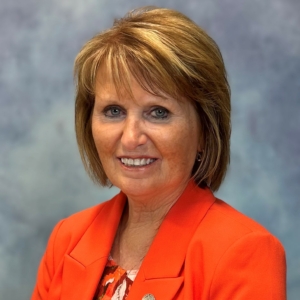 By Donna Hoppenjan
By Donna Hoppenjan

 By Daryll Lund
By Daryll Lund
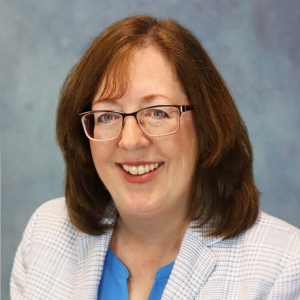 By Rose Oswald Poels
By Rose Oswald Poels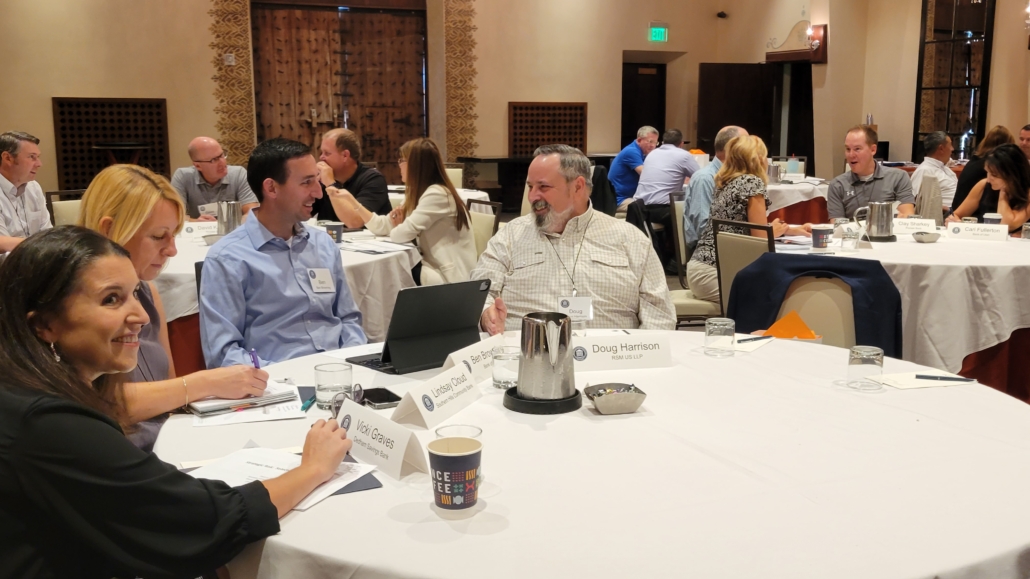
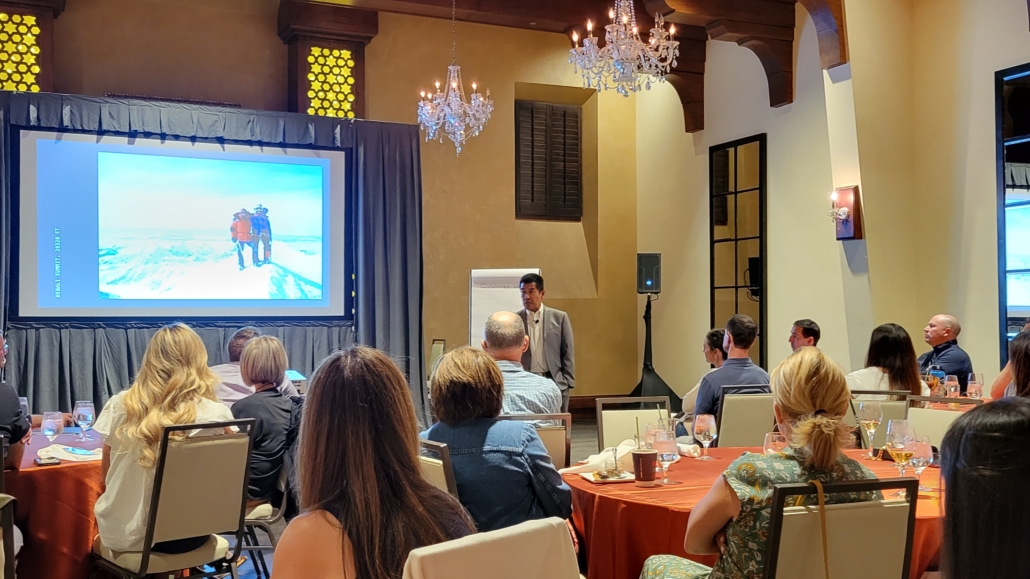


 By Rose Oswald Poels
By Rose Oswald Poels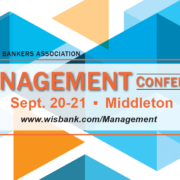
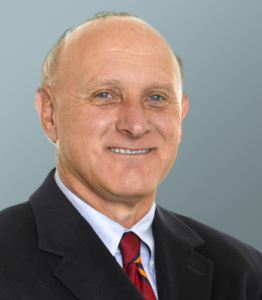




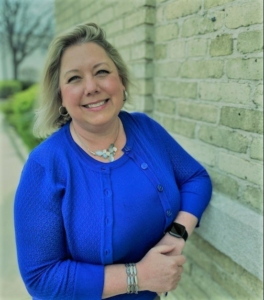 By Kathleen Rolfs
By Kathleen Rolfs